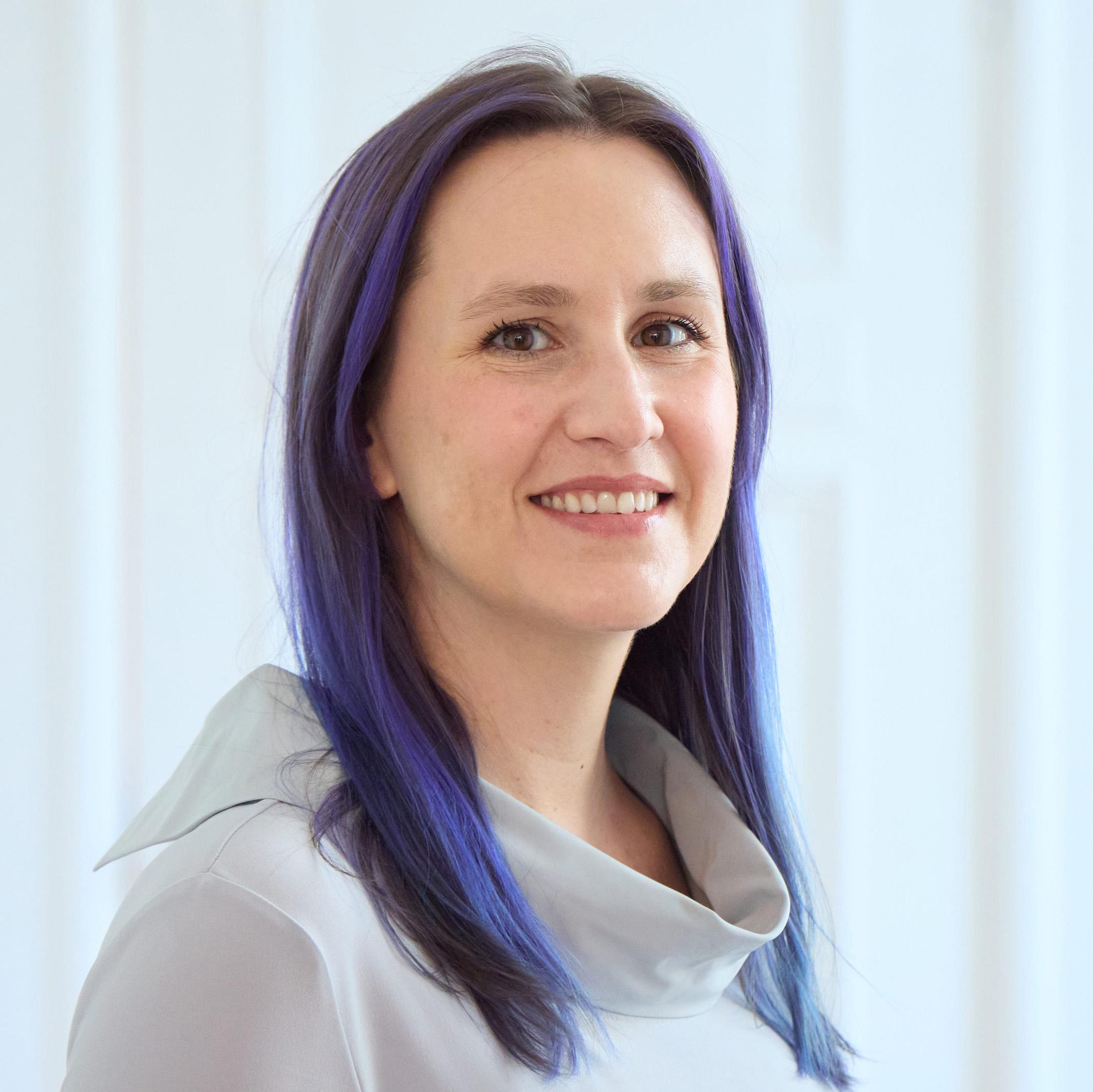At AIA, Dr. Chelsea Haramia’s groundbreaking research focuses on preparing humanity for the profound moment when we might discover extraterrestrial life or technology. In a recent interview, Dr. Haramia shared her insights into post-detection planning, emphasizing the ethical and global challenges of responding to such a discovery. Central to her work is the importance of gauging public attitudes and achieving informed global consent for actions that may follow this monumental event.
During the interview, Dr. Haramia delved into her Dear E.T. project, offering a glimpse into her imaginative exploration of what she might ask an extraterrestrial if she ever met one. Reflecting on the broader implications of her work, she explained:
“It’s important to study post-detection scenarios from a scientific perspective because it is most likely that scientists will successfully detect evidence of extraterrestrial life and/or technology—not only due to the impact such a discovery would have on our ecosystem and the world but also to ensure we are ready to handle it responsibly.”
Dr. Haramia’s visionary work underscores the need for humanity to prepare for the unknown while promoting ethical and globally inclusive planning for a potentially transformative future.

AIA NRW, Katja Velmans
Chelsea Haramia
Associate Professor im Department of Philosophy, Spring Hill College, USA
